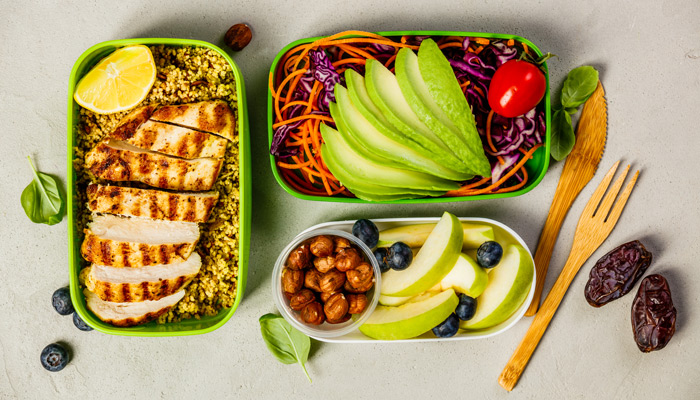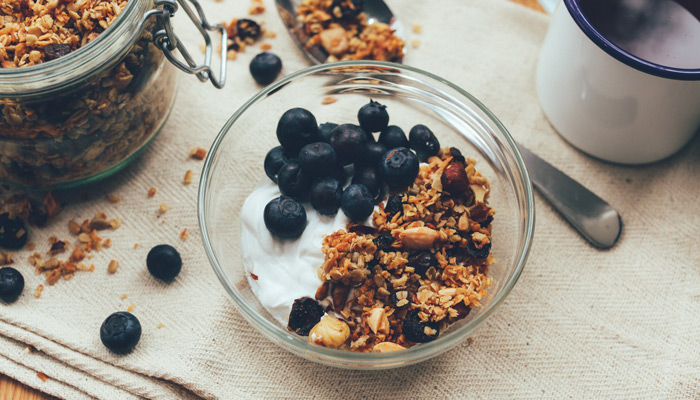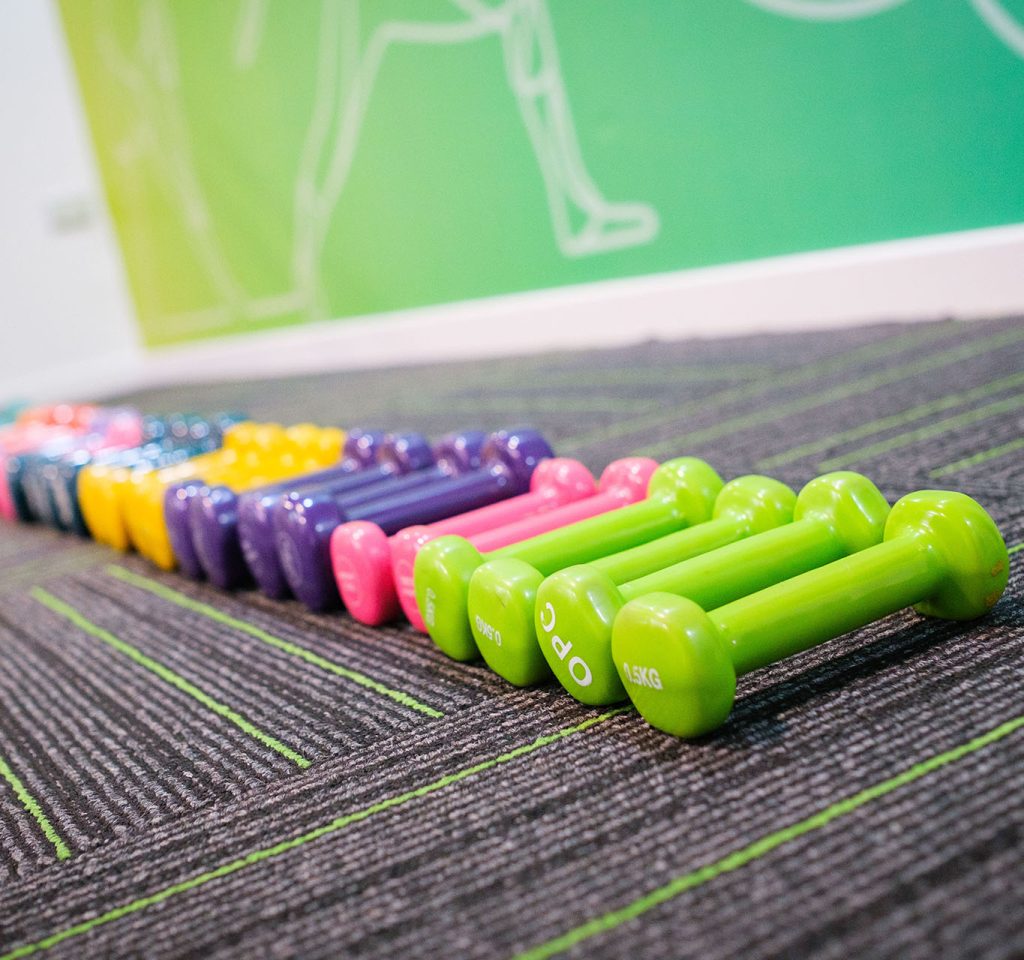Eating healthy doesn’t necessarily have to mean following stringent and highly restrictive diets or spending a fortune on fancy supplements.
Many people feel overwhelmed by the sheer amount of information on healthy eating that’s thrown their way on a daily basis. Ask your group of friends what works best for them, and you’ll receive ten different answers. This is because what works for one person, doesn’t necessarily ring true for another. It’s all about finding the best healthy eating habits for YOU. Here are a few tips that should start your healthy eating journey off on the right foot.
Eat breakfast
Unless you are on a planned intermittent fasting diet guided by a health professional, breakfast is so, so important. We know you’ve heard it a million times, but we can’t stress just how good it is for your body! Kickstarting your morning begins with eating a healthy, wholesome breakfast that will give you the energy to face the day. Choose foods that provide vitamins, minerals and fibre. Unsweetened muesli (no, we don’t mean those horrible sugary cereal ‘clusters’!) with berries and yoghurt is a breakfast staple that’s a great place to start. Making your own muesli is even better because you know exactly what’s in it. Another solid breakfast food is poached eggs, as they are high in protein and will keep you feeling fuller for longer.
Drink lots of water
Do we sound a lot like your mother yet? Ditching that can of soda for tap water is one of the healthiest decisions that you can make on a regular basis. Sugary drinks are terrible for your body, both in terms of gaining weight and ruining your teeth. And don’t try and trick yourself into thinking those bottles of fizzy drink that have ‘water’ in the name aren’t full of sugar. Because they are. It’s plain old water that you want; the good stuff. If you’re really having trouble transitioning, try popping a few slices of lemon into your drink bottle too, to give it a little flavour.
Try not to overeat on one meal
Healthy eating is also about eating sensible portions. We don’t expect you to get out the scales and weigh every chicken breast or a handful of snacking nuts. But eating nothing for breakfast, and lots for dinner to compensate for your hunger isn’t good for your body. It’s far better to eat smaller, balanced portions throughout the day.

Get into meal planning
Not many people have the luxury of being able to spend hours in the kitchen every day. If you lead a busy lifestyle, it’s best to plan your meals ahead of time. Sit down on your day off and decide what you’ll eat for the next seven days. Go to the supermarket or farmers market, gather all your fresh ingredients and head home to start preparing and portioning out your food. Do whatever you can to make mealtimes as efficient as possible during the week, without sacrificing freshness. It might be pre-chopping veggies for a stir-fry or dividing out your nut and sultana snacks into small containers. Some people who don’t mind eating the same thing most days will cook large batches of meals and refrigerate or freeze them for extra convenience.
Choose whole foods
It can be very tempting to just grab a readymade meal off the refrigerated shelf in the supermarket instead of bothering with cooking. It’s better than takeout, right? Not always. These meals are often full of preservatives. This is why planning your meals can be so beneficial. It allows you to take the time to cook with fresh, whole foods such as vegetables, grains, nuts and fruits. A diet made of whole foods is one that is largely transparent. You know exactly what’s going into your body, making it much easier keep track of the vitamins and nutrients it is receiving.
BodyViva is a multidisciplinary clinic specialising in physiotherapy, podiatry, acupuncture, remedial massage and pilates. Our team of highly trained professionals aim to assist patients in achieving a healthy, revitalised body. Contact us today to discover how our services can help you to live a life free from pain.













